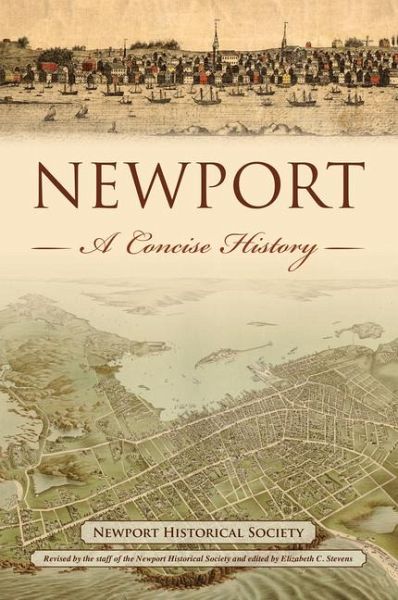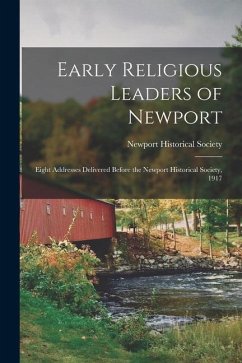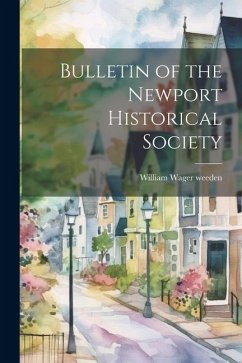
Newport
A Concise History
Herausgeber: Stevens, Elizabeth C
Versandkostenfrei!
Versandfertig in über 4 Wochen
19,99 €
inkl. MwSt.

PAYBACK Punkte
10 °P sammeln!
This revised edition of Newport: A Concise History tells a more inclusive story of Newport's past with the aid of new scholarship and images. Beginning with the area's first Indigenous inhabitants, this book explores Newport's colorful history, uncovering the traditions and innovations that shaped the city. Founded in 1639 by religious dissenters, Newport became a thriving seaport in the eighteenth century. Yet the town's success as a center of commerce derived from the enslavement of Africans who were captured and brought to Newport unwillingly. In the ensuing centuries, this city has undergo...
This revised edition of Newport: A Concise History tells a more inclusive story of Newport's past with the aid of new scholarship and images. Beginning with the area's first Indigenous inhabitants, this book explores Newport's colorful history, uncovering the traditions and innovations that shaped the city. Founded in 1639 by religious dissenters, Newport became a thriving seaport in the eighteenth century. Yet the town's success as a center of commerce derived from the enslavement of Africans who were captured and brought to Newport unwillingly. In the ensuing centuries, this city has undergone periods of economic distress and phases of rejuvenation, evolving into one of the most beloved tourist destinations in the country. As Newport forges into the twenty-first century, we look to history to commemorate and celebrate the City-by-the-Sea.












